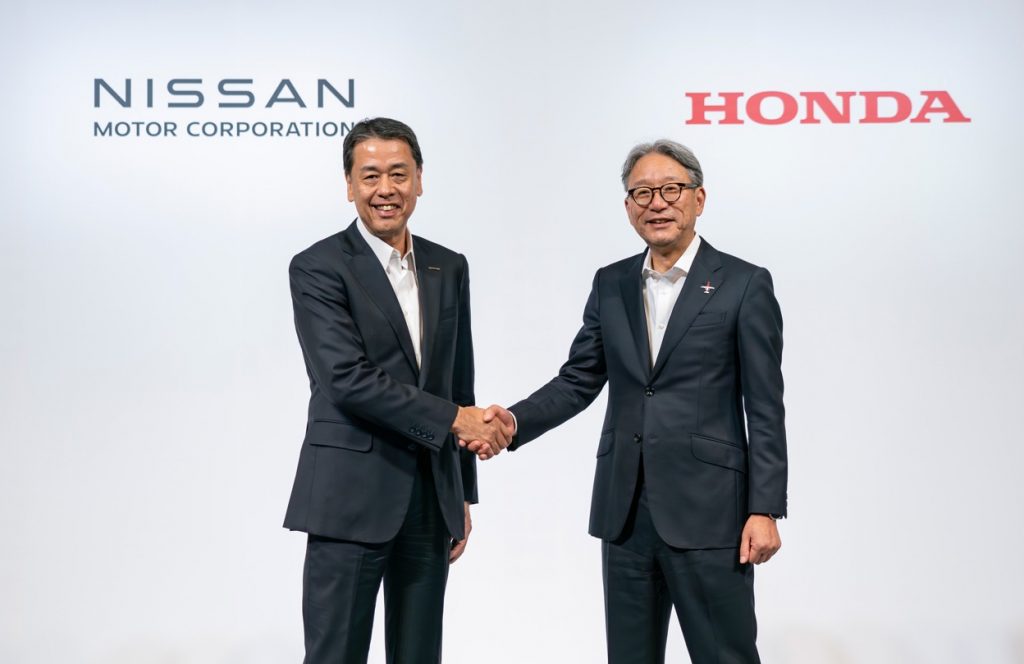Nissan and Honda Merger : Nissan and Honda have announced their plans to merge, aiming to become the world’s third-largest automaker by sales. The merger, which is expected to be finalized by June 2025, will reshape the global automotive industry. Consequently, the joint holding company is set to be listed on the Tokyo Stock Exchange by August 2026.
Reasons for the Nissan and Honda Merger
- Economies of Scale:
- The combined entity will project sales of around $191 billion. Therefore, this will enable them to compete more effectively with Toyota and Volkswagen, enhancing their global market share and operational efficiency.
- China Factor:
- Both companies have been losing market share in China to local automakers like BYD and Nio. As a result, the merger allows them to pool resources and expertise to better compete in this crucial market.
- Cost Sharing:
- The merger will cut costs by sharing vehicle platforms and collaborating on hybrid and electric vehicle development. Additionally, this cost-sharing will extend to research and development in crucial areas like software and EV technology.
- Nissan’s Financial Troubles:
- Nissan has faced financial struggles with declining sales in key markets like the US and China. Thus, the merger aims to stabilize Nissan’s finances and regain competitiveness.
- Synergy Across Markets:
- Nissan is strong in Europe, while Honda excels in other regions. By merging, they can leverage their strengths and expand their market reach, creating a more balanced and globally competitive entity.
Management and Structure
Initially, Honda will lead the new management team, while retaining the principles and brands of both companies. Furthermore, Mitsubishi Motors may also join the merger, thereby further strengthening the combined entity.
Industry Impact
The merger will have a significant impact on the global automotive industry, especially as it transitions to electric vehicles. By pooling their resources and expertise, Nissan and Honda aim to accelerate the development of electric and hybrid vehicles. Consequently, they will position themselves as strong competitors in the EV market, driving innovation and setting new industry standards.
Stock Market Reaction
Following the merger announcement, Honda’s stock surged over 16%, reflecting strong investor optimism. Analysts believe that the merger will lead to greater efficiency, cost savings, and competitiveness for both companies.
Conclusion
The Nissan and Honda merger represents a pivotal moment in the automotive industry. The combined entity has the potential to become a powerful player, capable of competing with the world’s largest automakers. As the merger progresses, the industry will closely watch this historic move. Ultimately, Nissan and Honda are set for a more innovative, efficient, and competitive future.
Know more about Honda : click here
Know more about Nissan : click here
Stay updated with latest tech news : click here
